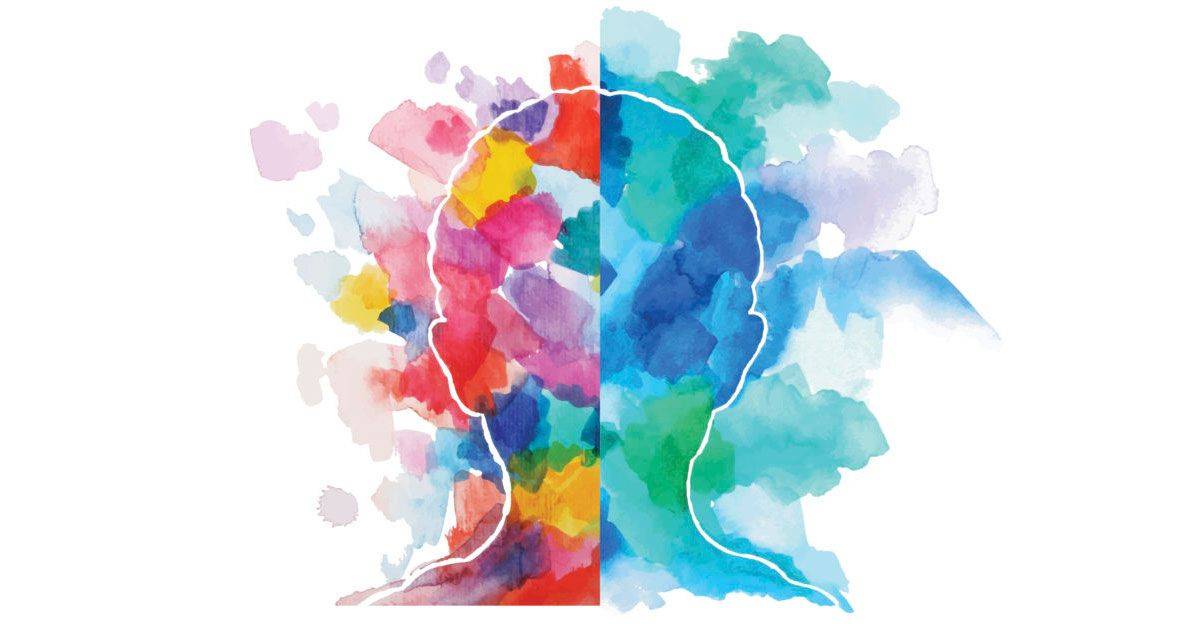What is personality?
What is personality in psychology?
Everyone has an idea of what personality means and what someone else’s personality is. But where does it come from? What are personality traits?
Personality is defined as the combination of characteristics or qualities that form an individual’s distinctive character. In modern psychology, personality is discussed with regard to heritability the influence of genetics on individual and environmental factors. How physical location and other humans can impact us? Older theories utilized other rationales focused almost exclusively on environmental factors and personal history. The subject of personality has been questioned and studied for much of human history.
In ancient Greece personality was attributed to the balance of four humors within the mind. Fluctuation or differences in the strength of each humor led to the personality traits of an individual. The foundation of modern personality psychology is based on the work of Sigmund Freud. His theory of psychosexual development said that our personalities were the product of the development of the energy Freud called libido. Libido is the erotic life force found in all humans and connects psychology to sexuality.
When the libido does not develop properly neuroses may occur. This is defined as an emotional illness or distortion of personality. Freud’s theories serve as a useful foundation for modern psychology as a whole, but many of his theories are contested by researchers, particularly the idea of its psychosexual development stages.
So where does our personality come from? Modern perspectives on personality show it to be the intersection of two main factors, genetics, and environment. Modern study has shown the impact of heritability on the development of personality. The idea that personality and behavior can be influenced by genetics is not shocking as this is a common occurrence in other species.
The majority of the research on the heritability of personality traits has been conducted with twins since identical twins share the same genetics. A study by Thomas Bouchard showed strong influences of genetics on all of the big five personality traits on average genetics played about a 50% role in the development of these traits. If genetics create half of our personality where does the other half come from? The remainder of personality is created by our non-shared environment or our unique experiences in life. How we were raised? Where we live? What experiences a person had? This forms who we are.
The major categories of our non-shared environment are family, peers, and random chance experiences. Our family and our peers contribute to our socialization. The family is the first level but peers may be more important. The impact of random chance is what makes us most unique this is the unpredictable potential for anything to occur in life, like winning the lottery. Personality has been studied for years and our current understanding shows it is the intersection of our genetics the people in our lives and luck.
Our personalities like our bodies and our genetics are all composed of the same features yet managed to be completely unique. Every personality is composed in the same set of traits but each in different proportions. We are all the same and we are all unique at the same time.

